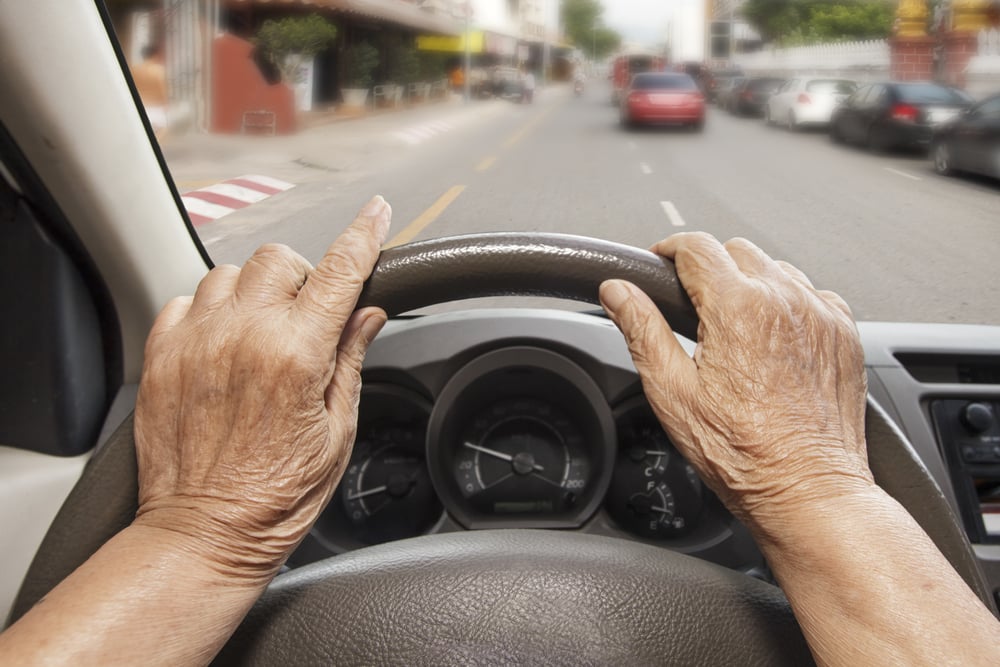- HOME
- SERVICES
- WHERE TO BEGIN
- LOCATIONS
- RESOURCES
- HEALTH PLAN SERVICES
- CAREERS
- EMPLOYEES

Is It Time to Give Up the Car Keys?
The open road is one of the most powerful symbols of independence and freedom. We enjoy the ability to get up and go whenever, wherever we choose. Getting our driver’s license is a significant rite of passage that marks the beginning of adulthood.
The idea that this cherished freedom, this independence we’ve relied on throughout our adult lives, could come to an end as we age can be upsetting. And broaching this conversation with a friend or family member can be a necessary, but uncomfortable prospect.
Signs That It’s Time to Broach the Driving Conversation
- Difficulty seeing.
- Without having a chance to be in the car when someone else is driving, have you noticed at home or when out together that they have difficulty seeing at a distance? If they experience challenges reading a sign across the room in a restaurant or a message on TV, could this signal a problem reading street signs when driving
- Challenges with spatial relations.
- While we may not always have the opportunity to experience someone’s driving, we can notice – again, in the home or when out together – if someone is having difficulty navigating when walking or are misjudging space.
- Incidents of lateness
- Indications from physicians, friends, family and your own observations that someone is becoming increasingly late, citing getting lost on the way to appointments or when meeting people can be a sign.
- Tickets are issued for traffic violations.
- Dings, dents or scratches on the vehicle or inside the garage.
Once it’s clear that it’s time to begin the conversation, where do you start?
First, make an appointment to visit an eye care professional and primary care provider. Some of these warning signs can be addressed successfully with a new eyeglass prescription or with adjustments to medications to account for possible interactions or reactions. A refresher course could help as well, such as the AARP Driver Safety program.
If healthcare professionals recommend that it’s time to stop driving, this can be a painful experience for the person who is now faced with giving up their car keys. It’s important to be understanding and supportive, while highlighting solutions that are empowering.
For many, the fear is dependence, and having to rely on others to provide care. One option is to explore local public transportation options. Having the independence to choose when to ride the bus or train and get to where they want to go, when they want to, can be helpful.
When public transportation is not an option, having a neutral party to help provide transportation can also help make the transition to not driving more comfortable. Car services and escort services like those Premier Home Health Care Services, Inc. offer can be welcome solutions. Premier provides clients with an exclusive escort service, ensuring they’ll be able to keep important social and medical appointments and arrive safely to and from their destination.
When it’s clear that it’s time for a bigger conversation about the need for more help in living independently, getting the dialog started can be challenging. Our How to Start the Home Health Care Conversation in Your Family guide offers suggested conversation starters, a collection of the top 10 tactics for getting this important conversation going, and information on how Premier Home Health Care Services, Inc. can help.
For more information about how Premier can help you, please call us today at 1-866-648-5119.
